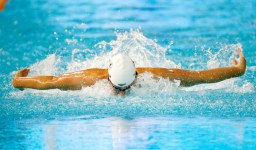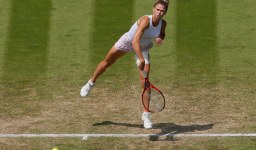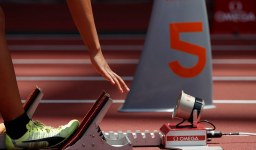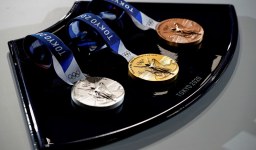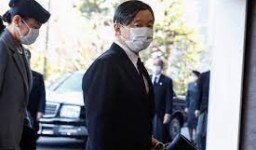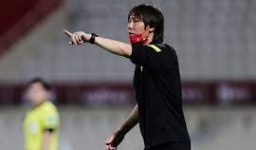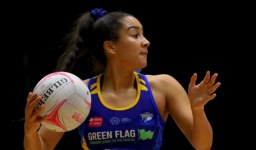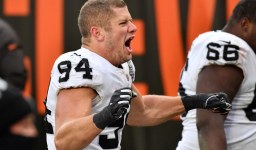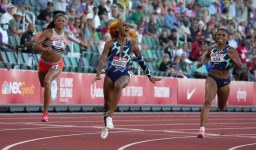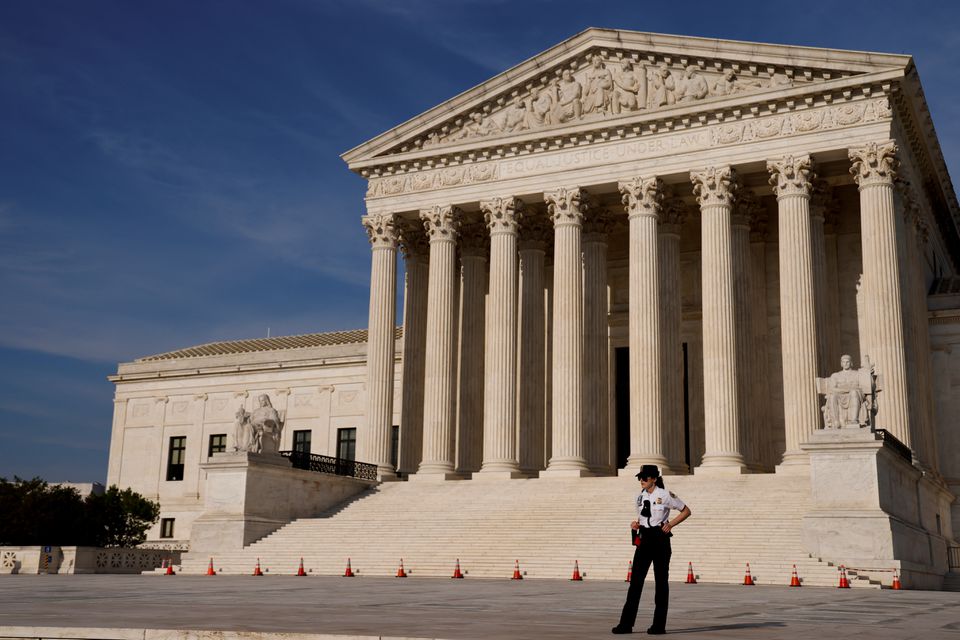
Lawrence Hurley
WASHINGTON, June 21 (Reuters) – Siding with student-athletes, the U.S. Supreme Court on Monday ruled against the National Collegiate Athletic Association in the organization’s bid to maintain limits on education-related compensation for them that critics have said help maintain the fiction of amateurism in college sports.
The court ruled 9-0 that the NCAA’s curbs on non-cash payments to college athletes related to education – including benefits such as computers, science equipment and musical instruments – are anticompetitive under a federal law called the Sherman Antitrust Act. The NCAA is the major governing body for U.S. intercollegiate sports.
The decision, authored by Justice Neil Gorsuch, further weakens the NCAA’s efforts to defend its restrictive existing system regarding student compensation, which is under fire on multiple fronts. College sports rake in billions of dollars in revenue.
Although the case did not involve direct payments to athletes, the wider issue of compensation for players – also including the ability to profit off their name, image and likeness – has increasingly become a point of contention.
Several states including California have passed new laws allowing students to make money from their name, image and likeness rights. The U.S. Congress is also considering legislation on the issue.
“The NCAA’s bankrupt model is finally starting to come apart,” Gavin Newsom, the Democratic governor of California, wrote on Twitter following the ruling.
“Sickening that colleges reap BILLIONS from student athletes but block them from earning a single dollar,” Newsom added.
Helen Drew, a University at Buffalo School of Law professor who specializes in sports law, said the NCAA has been slow to react to increasing demands for reform.
“It’s just been snowballing. I have to say I’m somewhat stunned the NCAA hasn’t taken more effective action before now to address this,” Drew added.
NCAA did not immediately respond to a request for comment on the ruling.
The San Francisco-based 9th U.S. Circuit Court of Appeals last year found the NCAA’s rules to be anticompetitive, upholding a 2019 injunction imposed by California-based U.S. District Judge Claudia Wilken that allowed education-related compensation.
Wilken set new rules that the NCAA said were arbitrary and could pave the way to future challenges to other policies set by the organization.
Writing for the court, Gorsuch said it was not the role of judges to weigh in on what reforms are needed in college sports, but Wilken’s injunction “may encourage scholastic achievement and allow student-athletes a measure of compensation more consistent with the value they bring to their schools.”
Gorsuch conceded that “some will see this as a poor substitute for fuller relief.”
College athletes who filed lawsuits in 2014 and 2015 – consolidated into a single case in California federal court – argued that the NCAA’s compensation limits represent a form of unlawful restraint of trade.
In a separate opinion, Justice Brett Kavanaugh said that the NCAA’s other compensation rules “also raise serious questions under the antitrust laws” and suggested they would likely be struck down if lower courts follow the analysis laid out in Monday’s ruling.
“The bottom line is that the NCAA and its member colleges are suppressing the pay of student athletes who collectively generate billions of dollars in revenues for colleges every year. Those enormous sums of money flow to seemingly everyone except the student athletes,” Kavanaugh wrote.
The case involved student-athletes who played in the highest level of college sports: NCAA Division I men’s and women’s basketball and those in the Football Bowl Subdivision. Football and basketball represent the major revenue-generating sports at the college level.
Joining the NCAA in defending the rules were major college sports conferences including all of the big-money so-called Power Five conferences: the Big Ten, Southeastern Conference, Atlantic Coast Conference, Big 12 Conference and Pac-12 Conference.
Reporting by Lawrence Hurley; Editing by Will Dunham
https://www.reuters.com/lifestyle/sports/us-supreme-court-rejects-ncaa-defense-athlete-compensation-limits-2021-06-21/
